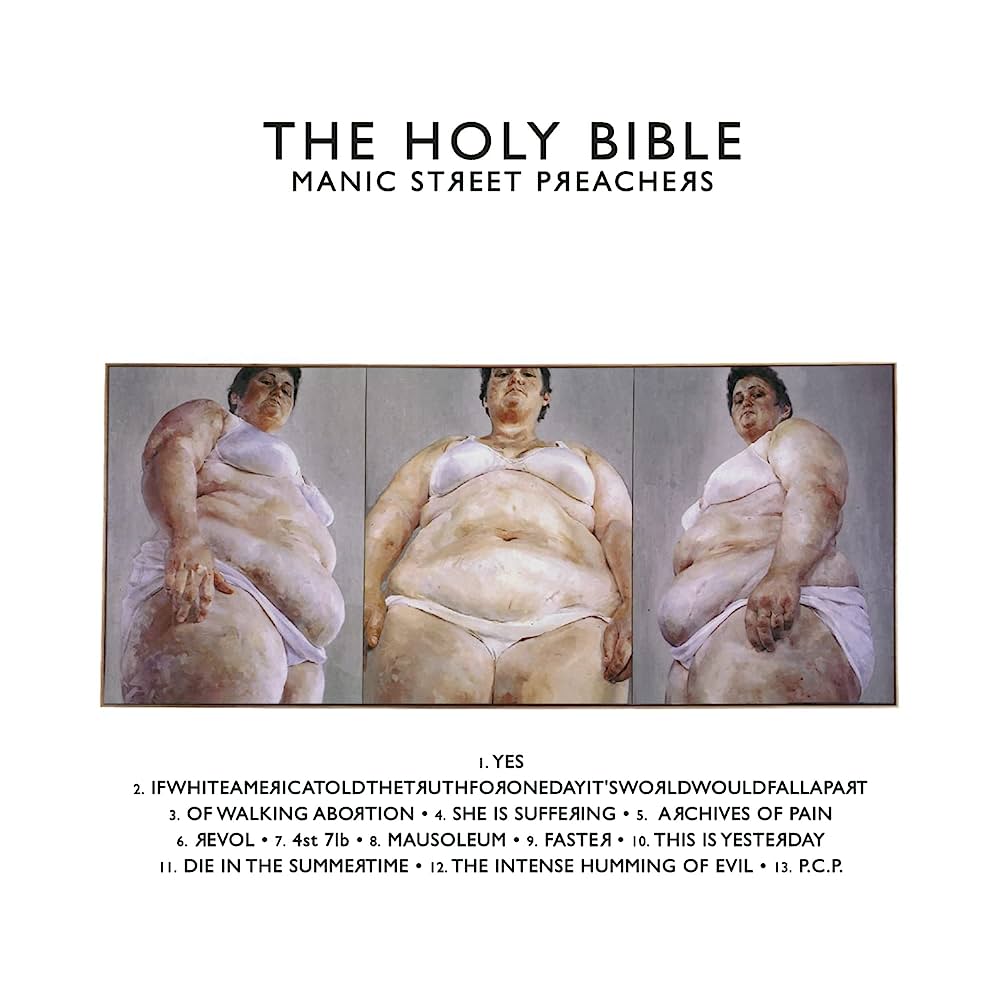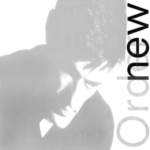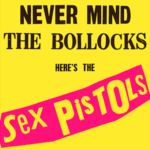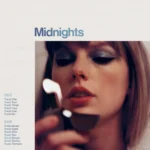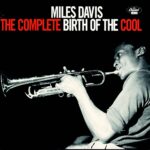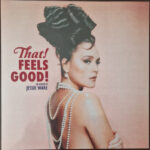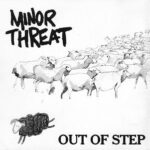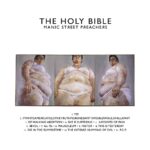 Manic Street Preachers’ “The Holy Bible,” released in 1994, is a visceral and thought-provoking album that stands as one of the most powerful and challenging releases in alternative rock history. With its dark lyrical themes, intense musical arrangements, and uncompromising social commentary, the album pushes boundaries and demands the listener’s attention.
Manic Street Preachers’ “The Holy Bible,” released in 1994, is a visceral and thought-provoking album that stands as one of the most powerful and challenging releases in alternative rock history. With its dark lyrical themes, intense musical arrangements, and uncompromising social commentary, the album pushes boundaries and demands the listener’s attention.
From the opening track, “Yes,” it becomes clear that “The Holy Bible” is a deeply introspective and provocative work. The album tackles a wide range of weighty subjects, including politics, mental health, religion, and societal decay. The lyrics, written primarily by Richey Edwards and Nicky Wire, are both poetic and confrontational, leaving a lasting impact on the listener.
One of the standout tracks is “Faster,” a blistering and relentless anthem that addresses the desire for self-destruction in the face of a cynical world. The song’s powerful guitar riffs, pounding drums, and James Dean Bradfield’s impassioned vocals create an intense and urgent atmosphere. The lyrics delve into themes of existentialism, media manipulation, and the human obsession with self-destruction.
Another highlight is “4st 7lb,” a haunting and deeply personal song that explores the destructive nature of body image and eating disorders. Richey Edwards’ lyrics paint a harrowing picture of self-loathing and societal pressure, while the band’s musical arrangement adds to the song’s emotional weight. It’s a poignant and unflinching examination of the dark side of human psyche.
The album also includes tracks like “Die in the Summertime,” “Archives of Pain,” and “The Intense Humming of Evil,” each delving into different aspects of the human condition and presenting a challenging and thought-provoking narrative. The music itself is a fusion of alternative rock, punk, and post-punk, with the band’s distinctive sound characterized by their melodic guitar hooks, driving rhythms, and Bradfield’s versatile vocals.
“The Holy Bible” is marked by its raw and uncompromising production, which captures the intensity and urgency of the band’s performance. The starkness of the sound allows the lyrics to take center stage, highlighting the album’s profound and often disturbing content. The stripped-down approach serves as a fitting backdrop for the weighty themes explored throughout the album.
The impact of “The Holy Bible” extends beyond its musical and lyrical achievements. The album is also significant for its role in raising awareness about mental health and challenging societal norms. Richey Edwards, one of the band’s primary songwriters, tragically disappeared shortly after the album’s release, leaving a void in the music industry. His contributions to the album have since become emblematic of his troubled and enigmatic persona.
In summary, Manic Street Preachers’ “The Holy Bible” is a daring and uncompromising album that pushes the boundaries of alternative rock. Its dark and introspective lyrics, intense musical arrangements, and unflinching social commentary create a visceral and thought-provoking listening experience. The album’s profound impact on both the music industry and discussions surrounding mental health and societal issues solidifies its place as a seminal release. “The Holy Bible” remains a testament to the Manic Street Preachers’ artistic vision and continues to resonate with listeners seeking music that challenges and provokes.
This post has already been read 287 times!
